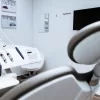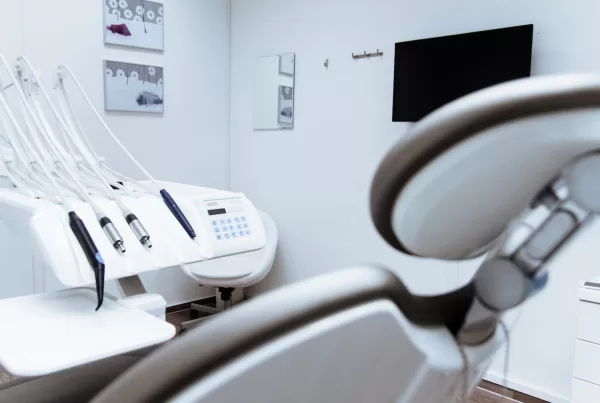In today’s fast-paced world, people juggle myriad responsibilities and tasks daily. Given this reality, forgetting an upcoming medical appointment can happen to the best of us. Thankfully, patient appointment reminders via text messaging have emerged as a potent solution to this challenge. This method of communication not only enhances the patient experience but is also crucial for healthcare providers. Let’s explore why these reminders are becoming indispensable in the healthcare sector.
1. Rise of Mobile Communication:
Mobile phones are ubiquitous. A significant portion of the global population owns a smartphone, and even more have basic mobile devices capable of receiving SMS messages. Given this wide reach, it’s no surprise that text messaging can effectively target and remind patients of their upcoming appointments.
2. High Open Rates:
Text messages boast an impressive open rate, often cited at around 98%. Unlike emails, which might get lost in cluttered inboxes or flagged as spam, text messages are almost always seen and read, making them a reliable reminder medium.
3. Immediate Delivery:
Text messages are instantaneous. As soon as you hit “send,” the patient receives the reminder, ensuring real-time communication, which is especially valuable for last-minute rescheduling or changes.
4. Increased Attendance Rates:
No-shows can disrupt the workflow of healthcare establishments and result in financial losses. By sending a simple reminder, clinics and hospitals have seen a significant drop in missed appointments. This not only improves the efficiency of operations but also ensures that patients receive the care they need.
5. Convenience for Patients:
Text reminders empower patients by allowing them to confirm, reschedule, or cancel appointments with just a quick reply. This level of convenience enhances the patient experience, building trust and loyalty.
6. Cost-Effective:
Compared to traditional reminder methods like phone calls or mailed letters, text messages are considerably more cost-effective. They save on resources, from paper to personnel time.
7. Reduces Administrative Burden:
With automated text reminder systems, healthcare staff no longer need to make countless reminder phone calls. This streamlining of operations frees up staff time, allowing them to focus on other pressing tasks and patient care.
8. Customizable and Personalized:
Modern text reminder systems offer a high degree of customization. Clinics can personalize messages based on the patient’s language preference, the nature of the appointment, or any pre-appointment instructions. This personal touch makes the communication more effective and patient-centric.
9. Encourages Preventive Care:
Regular check-ups and screenings are crucial for early detection and prevention of many medical conditions. By ensuring patients remember and attend their appointments, text reminders play an indirect role in promoting preventive healthcare.
10. Environmentally Friendly:
Text reminders are paperless, making them an environmentally friendly alternative to printed appointment cards or letters. As the world leans towards more sustainable practices, this is a small yet valuable contribution from the healthcare sector.
Conclusion:
Patient appointment reminders using text messaging are not just a technological fad but a necessity in the modern healthcare landscape. They prioritize patient convenience, streamline administrative tasks, and play a vital role in ensuring that individuals receive timely medical care. As healthcare providers strive to improve patient experience and operational efficiency, integrating such patient-centric technologies becomes paramount. The humble text message, in this context, is a game-changer, proving that sometimes, the simplest solutions are the most powerful.










